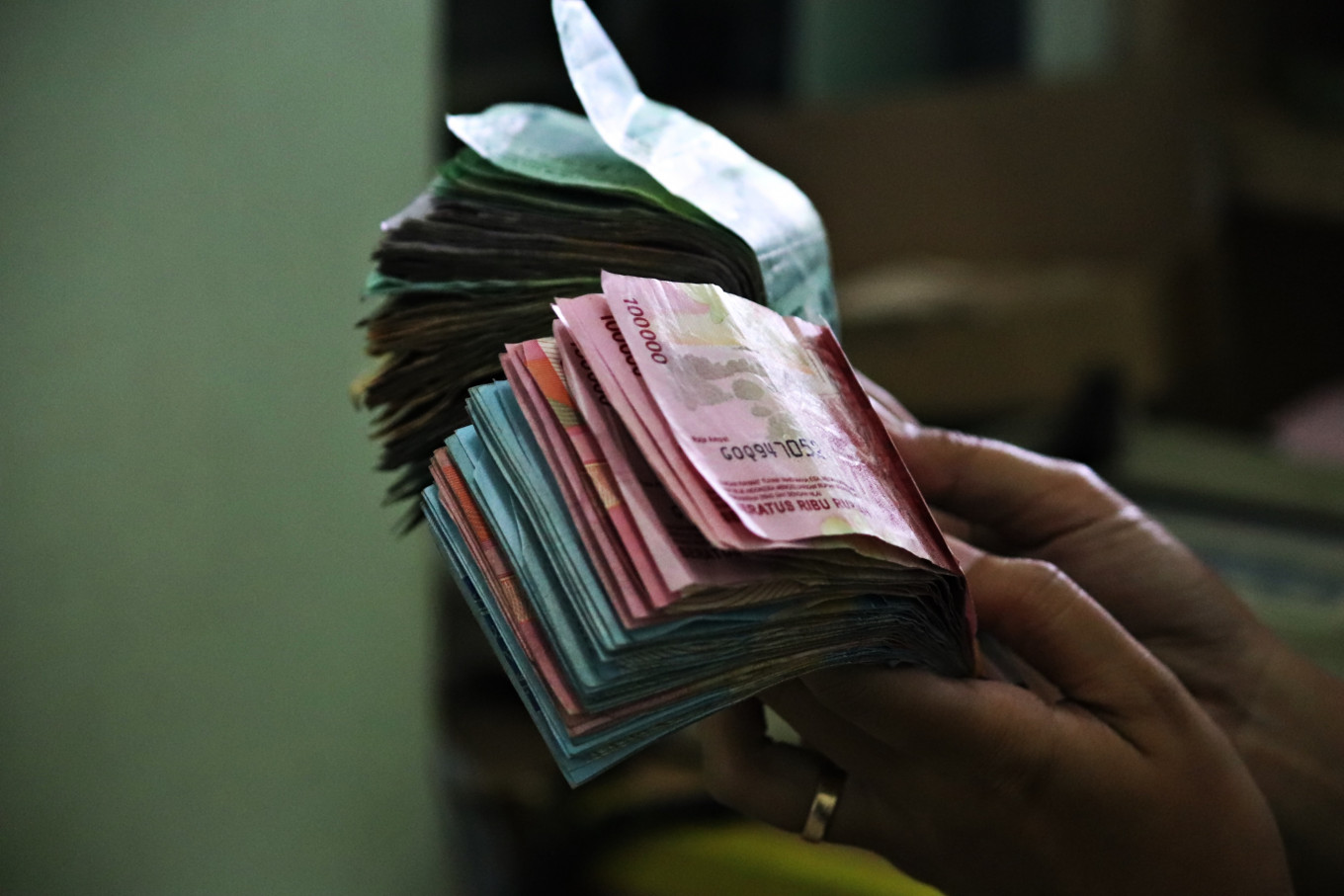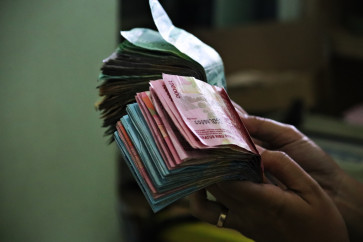Popular Reads
Top Results
Can't find what you're looking for?
View all search resultsPopular Reads
Top Results
Can't find what you're looking for?
View all search resultsDebt collectors: The other side of a misunderstood occupation
Due to its association with violence, debt collecting is arguably one of the most vilified professions. Forced confiscation by debt collectors is a story one often hears. That being said, behind the job are people trying to survive and feed their families.
Change text size
Gift Premium Articles
to Anyone
D
ue to its association with violence, debt collecting is arguably one of the most vilified professions. Forced confiscation by debt collectors is a story one often hears. That being said, behind the job are people trying to survive and feed their families.
Debt collection is closely associated with violence, making the job of a debt collector one of the most hated. Indeed, debt collectors can go as far as endangering others' lives. In 2018, debt collectors in Jakarta reportedly kidnapped a 14-year-old girl because her parents had fallen behind in repaying their motorcycle credit to a finance company. Many other similar incidents involving extreme intimidation tactics by debt collectors abound.
Of course, debt collectors should never, actually, go that far. At least according to Bagus, who shared only his nickname. He said he had worked at various leasing companies for 15 years since the age of 25. At 42, the resident of Surakarta, Central Java, is now a lawyer at his own law firm.
Bagus said debt collectors had a bad reputation because many resorted to violence to collect arrears. "[Leasing companies] would never instruct debt collectors to resort to violence — yet many do so anyway to speed up the collecting process. That is because debt collectors receive quite a fee from every debt and unit collected and confiscated," the former head of recovery at a leasing company said.
Kristanto, a long-time freelance debt collector from Klaten, Central Java, confirmed what Bagus said. He insisted that debt collectors were instructed not to resort to violence.
"I have been working as a freelance debt collector at an [automotive leasing company] since 2009. I tour the city [to visit] those who have been behind on their payments for months. I am not paid a fixed salary. I earn money based on the number of [automotive] units I retrieve," Kristanto, who preferred to be addressed as Kris, said.
"[I] do not always confiscate the items of arrears. The debtors are welcome to negotiate, especially if they are cooperative. If that is the case, the debtor will be charged a fee, which is usually 15 percent of the price of the items. The money goes into the debt collector's pocket. [As I said], the debtors can negotiate the amount until we reach an agreement."



















